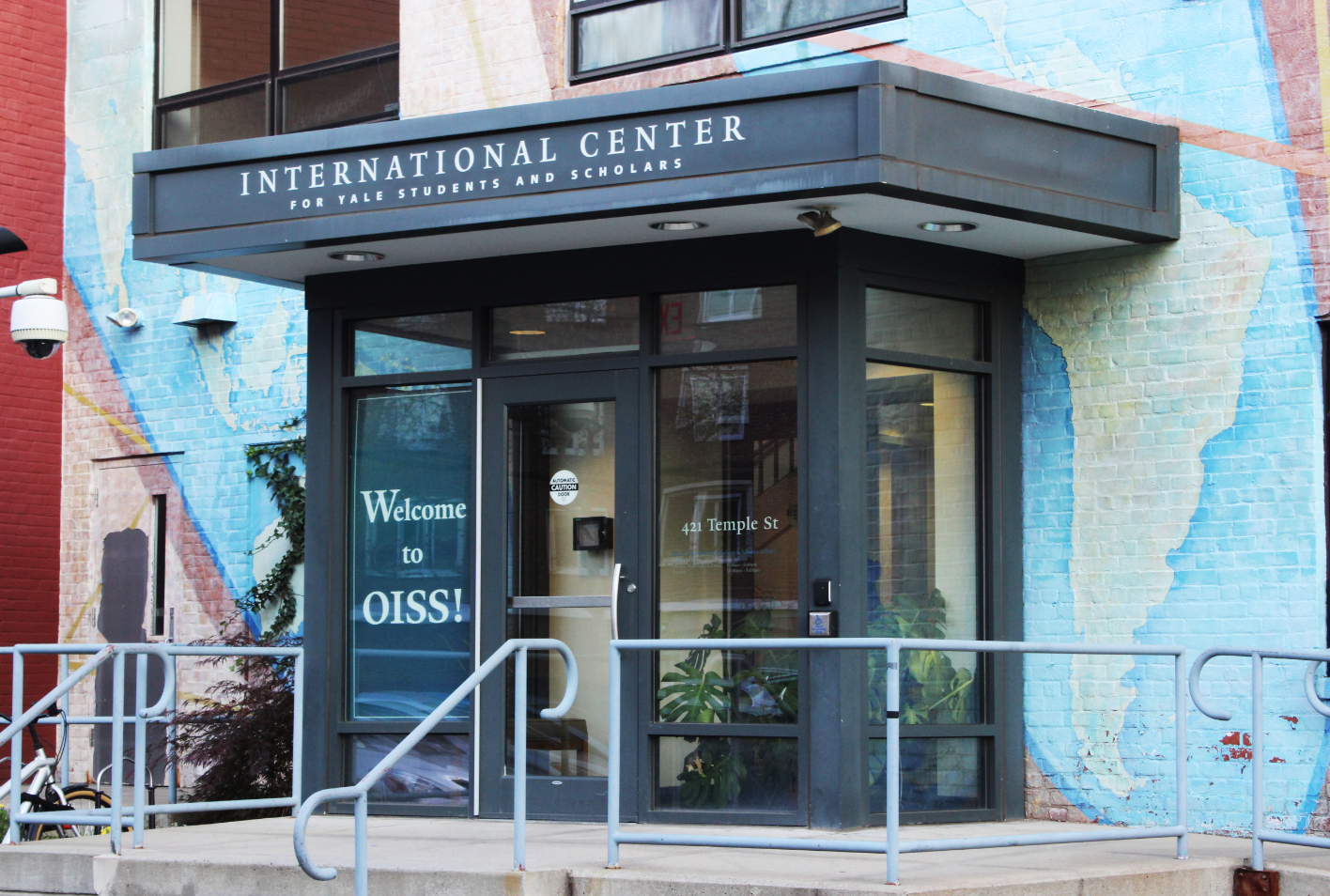
International students at Yale have long faced time restrictions on how long they can stay in the country after graduation. But next month, that challenge will be made slightly easier for students in STEM fields.
On March 11, the United States Department of Homeland Security announced the amendment of its F-1 nonimmigrant student visa regulations on Optional Practical Training for undergraduates with degrees in STEM from American colleges and universities. OPT permits international students who have either completed or are pursuing their degrees to seek on-the-job training. The new regulation, effective May 10, allows STEM students on F-1 visas who have chosen to pursue the 12-month OPT to extend the period by 24 months. Previously, STEM students could only extend OPT by 17 months. International students outside of the STEM fields are still only eligible for one year of OPT without the possibility of an extension.
“The process is problematic in the sense that internationals know there is a limit to how much they can achieve in the U.S. and how far they can progress in their career before being forced out of the country,” said Jae Hyung Kim ’18, a computer science major and a Korean citizen. “This extension is a small step towards alleviating those fears, but an extra extension does not really help in the grand scheme of things.”
With the new extension, international students pursuing STEM degrees will have more time to pursue an H-1B work visa. The H-1B work visa allows U.S. companies to employ foreign workers in specialized occupations for a period of up to six years.
However, while there is no cap on the number of F-1 student visas given out each year, only 65,000 undergraduate applicants and 20,000 advanced-degree applicants are awarded an H-1B work visa each year. In 2015, U.S. Citizenship and Immigration Services received almost 233,000 H-1B applications, and the USCIS uses a random computer-generated lottery to determine which applications to consider. These odds ultimately leave many applicants with no choice but to continue to reapply year after year. The new visa extension will give STEM applicants more chances to apply for the H-1B visa if they are not initially accepted.
“Especially given that for international students, the government has also placed restrictions on the number of H-1B work visas, this increased extension would make things easier because there would be more time and a chance to apply again for the H-1B,” said Pratik Gandhi ’18, an astrophysics major from India. “Given that the OPT is a period of time internationals can use to explore things and try out new positions to see what they want to do, it will give people more time and flexibility since first jobs can be pretty informative and foundational.”
While applicants do not need a job offer to apply for an OPT, they must pay a filing fee of $380. Additionally, the application generally takes about three months to process. Alizeh Maqbool ’17, a physics major from Pakistan, said the cost of the application only enabled her to apply for summer internships with deadlines early in the academic year. Because of the application’s long processing time and high cost, it does not make sense for someone to apply for an OPT unless that person is sure he or she will have an internship, she said.
“The problem is that if I use my OPT during the academic year, the amount of time I can stay after I graduate is reduced by how much I used up,” Maqbool said. “A lot of people say it is better to use the OPT later on, because while internships matter, they do not matter as much as jobs do, but you are sort of on your own to figure these things out and no one really talks about them.”
Even before coming to Yale, international students deciding where to apply for college carefully consider their post-graduation career options both in the U.S. and their home countries. Yale College Director of International Admissions Rebeka Westphal said prospective international students are often concerned about their career paths following graduation. She added that in reaching out to international applicants, the admissions office stresses the number of connections students are able to make during their time at Yale which can help support them once they graduate.
Yale University currently enrolls 2,581 international students from 118 countries.







